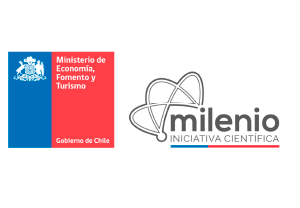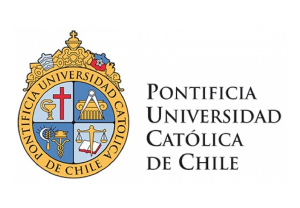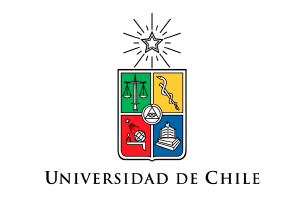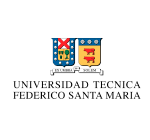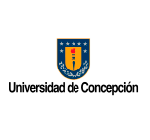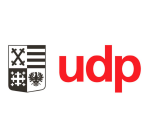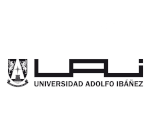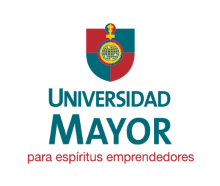Noticias
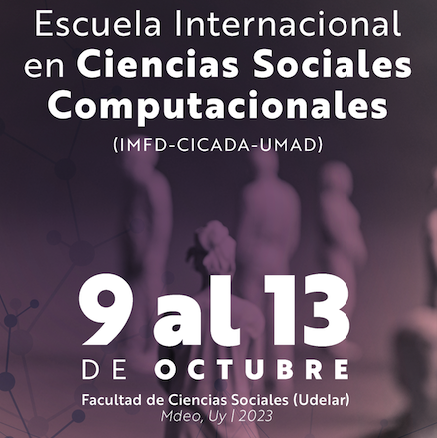
Agosto, 2023.- Con el objetivo de establecer un primer acercamiento teórico y práctico a herramientas computacionales y de la ciencia de datos aplicadas a la investigación social, la Escuela Internacional en Ciencias Sociales Computacionales busca formar a quienes participen en la utilización de herramientas computacionales para el análisis de datos sociales.
Organizada en conjunto por el Instituto Milenio Fundamento de los Datos (IMFD-Chile), el Centro Interdisciplinario en Ciencia de Datos y Aprendizaje Automático (CICADA-CSIC/Udelar) y la Unidad de Métodos y Acceso a Datos (UMAD-FCS/Udelar), la Escuela Internacional en Ciencias Sociales Computacionales se realizará de forma presencial entre el lunes 9 y el viernes 13 de octubre de 2023 en la Facultad de Ciencias Sociales de la Universidad de la República de Uruguay.
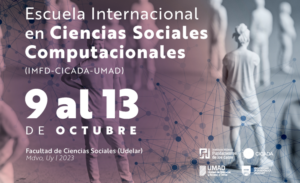
“Con esta escuela, buscamos que quienes participen tengan un primer acercamiento, teórico y práctico, a las herramientas computacionales y de la ciencia de datos aplicadas a la investigación social”, destaca Camila Diaz, directora ejecutiva del Instituto Milenio Fundamentos de los Datos. “Como IMFD, tenemos experiencia en el trabajo interdisciplinario que combina las ciencias sociales con la ciencia de datos, hemos desarrollado proyectos de investigación y de aplicación en los cuales la combinación de conocimientos y técnicas permite desarrollar trabajos que representan un gran aporte para todas las áreas y el desarrollo de nuevas metodologías”, añade.
Los contenidos de la escuela se enmarcan en el campo de las ciencias sociales computacionales, que si bien es un área de larga trayectoria, en la actualidad enfrenta nuevos desafíos orientados al diálogo entre la investigación social y la era digital, en tanto reflexión teórica, por un lado, y metodológica/técnica, por el otro. La intersección de la investigación social con otros campos disciplinares como son la ciencia de datos, la ingeniería y la computación, abren nuevas posibilidades para las ciencias sociales en el estudio de problemas sociales tradicionales, pero incorporando e innovando en términos metodológicos y técnicos.

La perspectiva interdisciplinar también aparece como central en las ciencias sociales computacionales ya que se incorporan habilidades propias de otras disciplinas, como es la programación o la aplicación de modelos de Inteligencia Artificial (IA), con el fin de aportar, por ejemplo, en el manejo de grandes volúmenes de datos (numéricos, textuales, espaciales) para responder a preguntas propias de las ciencias sociales, pero desde un enfoque innovador y comprehensivo del comportamiento social.
La actividad cuenta con 40 cupos gratuitos, se impartirá en formato presencial en la Universidad de la República, Montevideo, y está dirigida a estudiantes de maestría, doctorado o profesionales de Ciencias Sociales o áreas afines, que deseen utilizar herramientas computacionales para el análisis de datos sociales. También podrán postular aquellos estudiantes de Ciencias de la Computación que deseen profundizar en conocimientos ligados al área social.
Contenidos:
Sociedades intensas en datos e investigación social
Juan Pablo Luna, Profesor Titular del Instituto de Ciencia Política y de la Escuela de Gobierno de la Pontificia Universidad Católica de Chile e investigador del Instituto Milenio Fundamentos de los Datos.
Métodos manuales y automatizados para el análisis de datos textuales
Sebastián Valenzuela, Director de Investigación y Creación de la Facultad de Comunicaciones de la Pontificia Universidad Católica, Investigador Principal del Núcleo Milenio e Desigualdades y Oportunidades Digitales y presidente del Panel Científico del Panel Internacional sobre el Entorno de la Información (IPIE), e investigador del Instituto Milenio Fundamentos de los Datos.
Magdalena Saldaña, Profesora Asociada de la Facultad de Comunicaciones de la Pontificia Universidad Católica, directora alterna del Núcleo Milenio para el Estudio de la Política, Opinión Pública y Medios en Chile (MEPOP), e investigadora del Instituto Milenio Fundamentos de los Datos (IMFD)
Procesamiento de Lenguaje Natural en la última década: desde Shannon a GPT 4
Felipe Bravo, Profesor asistente en el Departamento de Ciencias de la Computación de la Universidad de Chile e Investigador del Instituto Milenio Fundamentos de los Datos.
Modelado y visualización de datos textuales
Natalia da Silva, Profesora Adjunta en el Instituto de Estadística – FCEA de la Universidad de la República (Udelar-IESTA).
Nicolás Schmidt, Profesor asistente del Departamento de Ciencia Política y de la Unidad de Métodos y Acceso a Datos de la Facultad de Ciencias Sociales de la Universidad de la República (Udelar).
Elina Gómez, Profesora asistente en la Unidad de Métodos y Acceso a Datos de la Facultad de Ciencias Sociales de la Universidad de la República (Udelar).
Bases de Datos de Grafos/Network Science
Juan Reutter, Profesor asociado del Departamento de Ciencia de la Computación y del Instituto de Ingeniería Matemática y Computacional de la Pontificia Universidad Católica de Chile.
Lorena Etcheverry (INCO-Fing), Profesora Adjunta del Instituto de Computación de la Facultad de Ingeniería (FING-Udelar)
Inscripciones en: Formulario de Inscripción Escuela Internacional en Ciencias Sociales Computacionales en Uruguay








